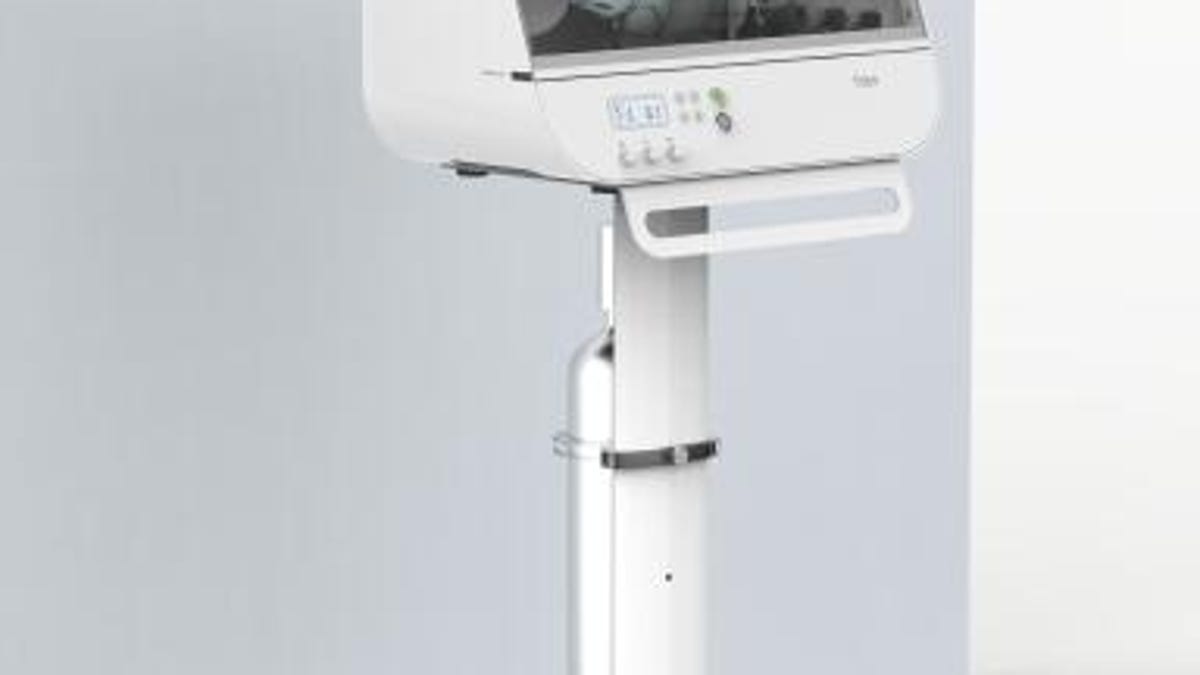FDA authorizes Fitbit ventilator for emergency use during coronavirus pandemic
The Fitbit Flow aims to be a low-cost alternative to traditional ventilators.

The Fitbit Flow ventilator has been authorized by the FDA to be used as an emergency ventilator.
Fitbit , a wearable-tech company best known for its fitness trackers, said on Wednesday that its Fitbit Flow ventilator has been authorized by the US Food and Drug Administration for emergency use during the coronavirus pandemic.
Fitbit said the Flow builds on the standard resuscitation bags used by paramedics but features additional automated tools, sensors and alarms to help monitor patients. The company consulted with medical staff and practitioners at the Oregon Health & Science University and Mass General Brigham Center with the hope of making the Flow effective and easy to use.
Fitbit's ventilator aims to be a low-cost alternative to other emergency ventilators. The company told CNET that it plans to sell its ventilator for less than $5,000, significantly less than other traditional ventilators that can cost upward of $25,000.
Fighting coronavirus: COVID-19 tests, vaccine research, masks, ventilators and more
See all photos"Current estimates of the number of ventilators in the United States range from 60,000 to 160,000," said Fitbit, citing an article from the New England Journal of Medicine published in April. "No matter which estimate we use, there are not enough ventilators for patients with COVID-19 in the upcoming months."
Fitbit said it's currently talking with US state and federal agencies, along with other global aid organizations, to understand current domestic needs for emergency ventilators.
Fitbit is one of the many nonmedical companies developing ventilators amid the pandemic. Tesla has unveiled ventilator prototypes, and vacuum manufacturer Dyson worked to develop a ventilator in 10 days in March. NASA engineers also received emergency FDA approval for their ventilator at the end of April.

